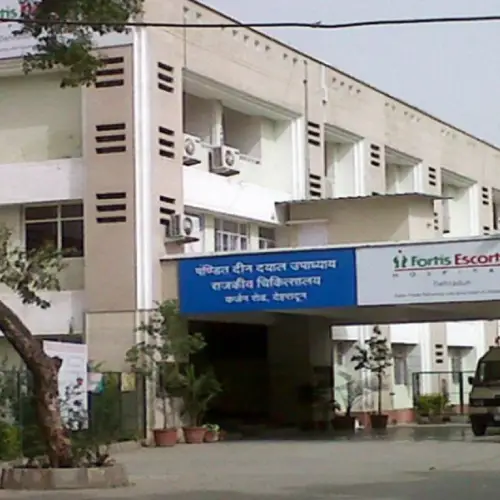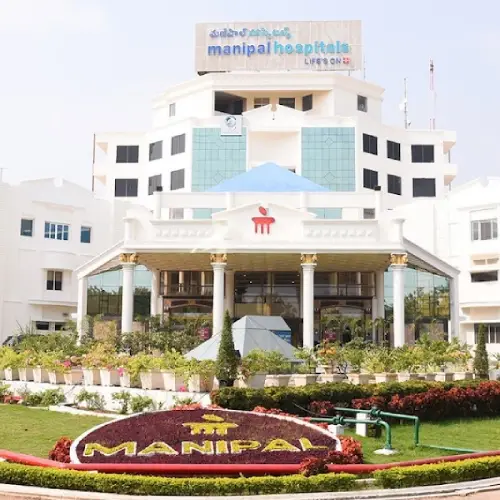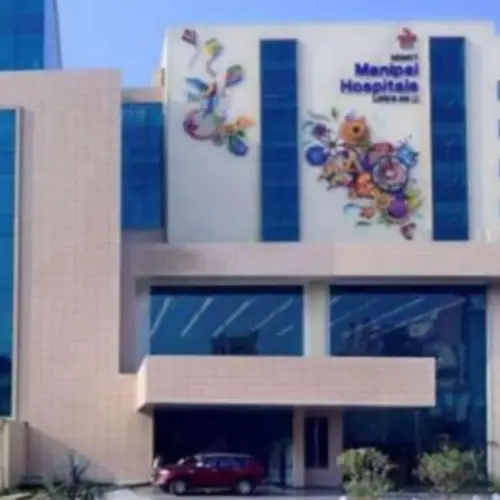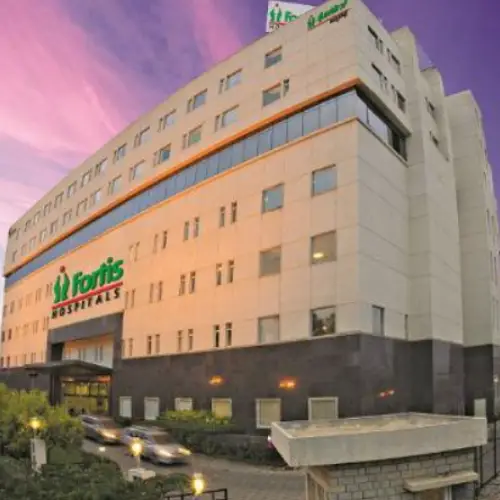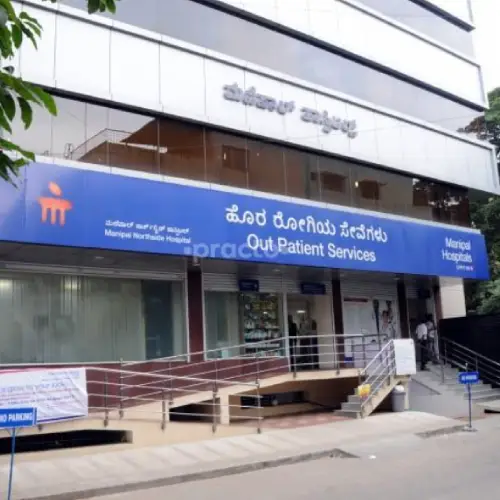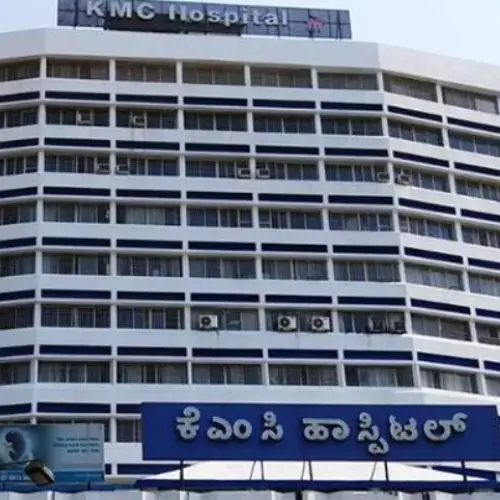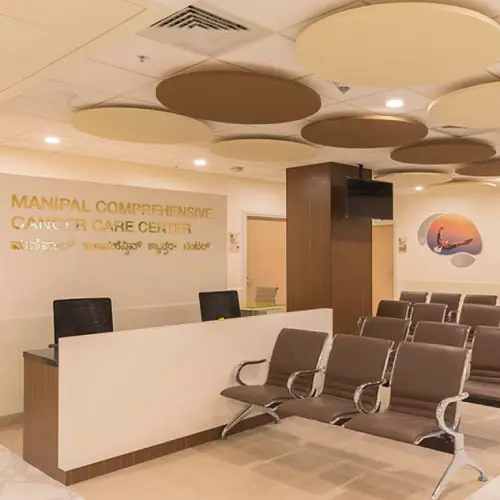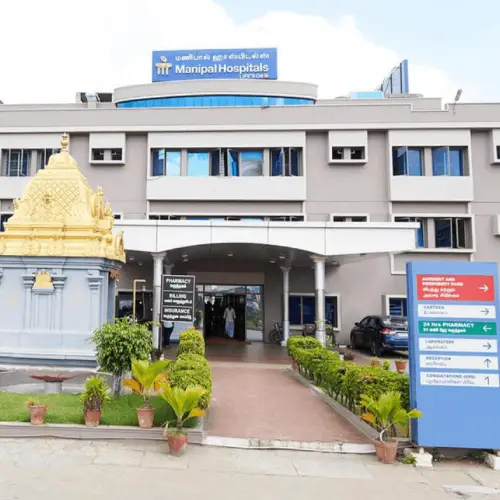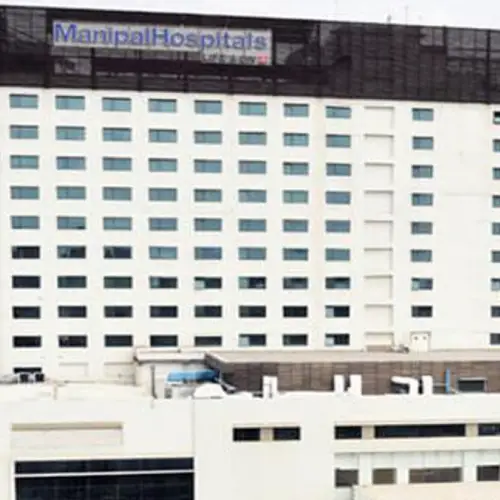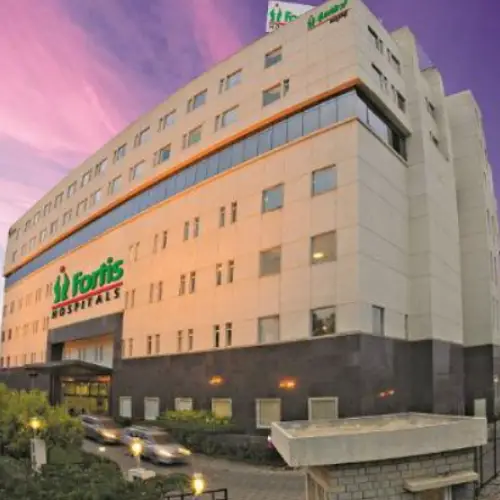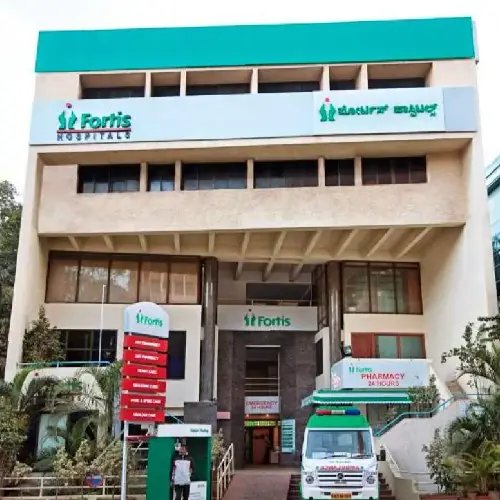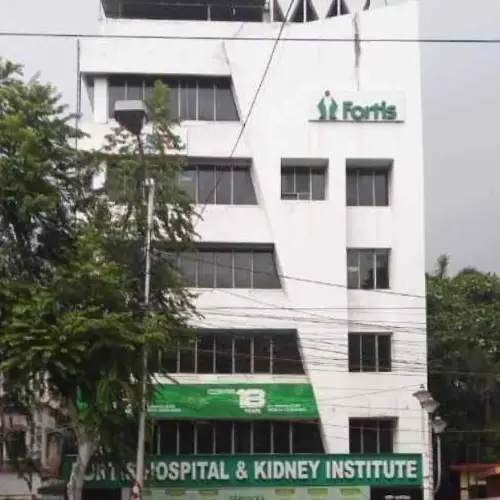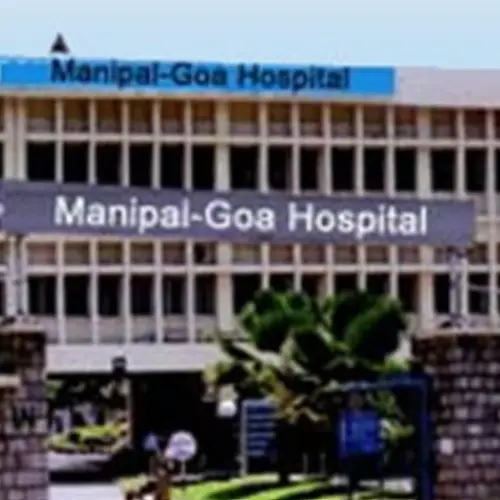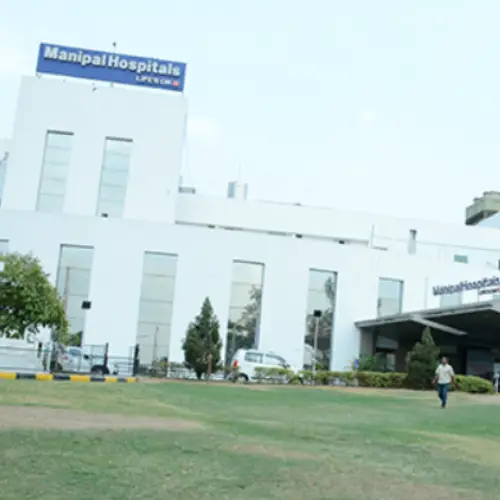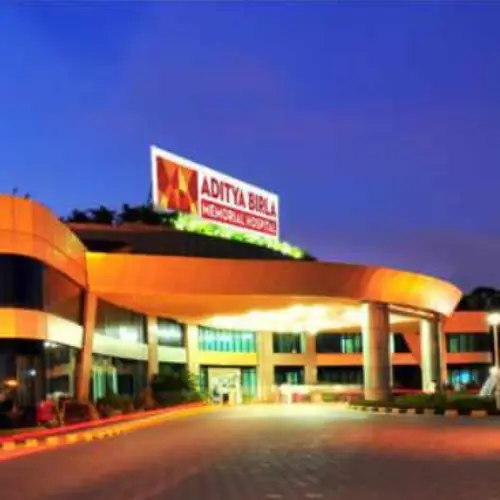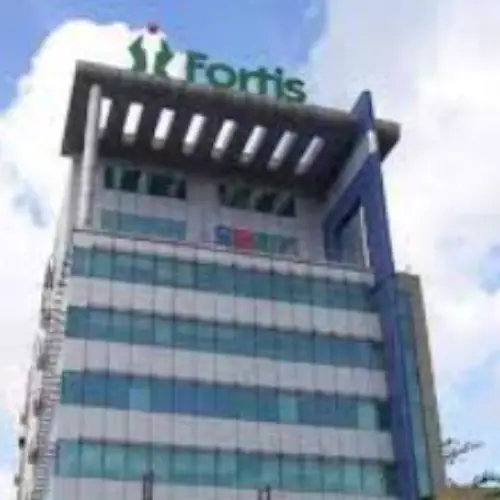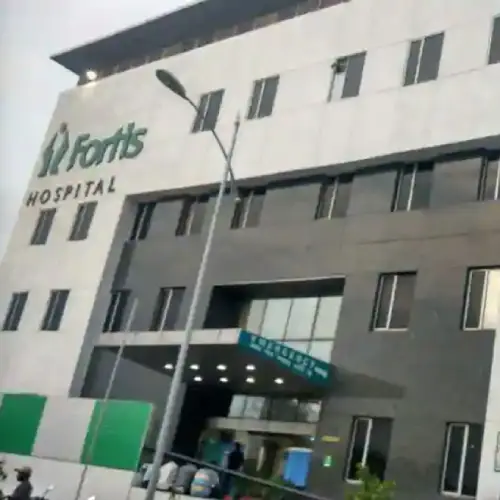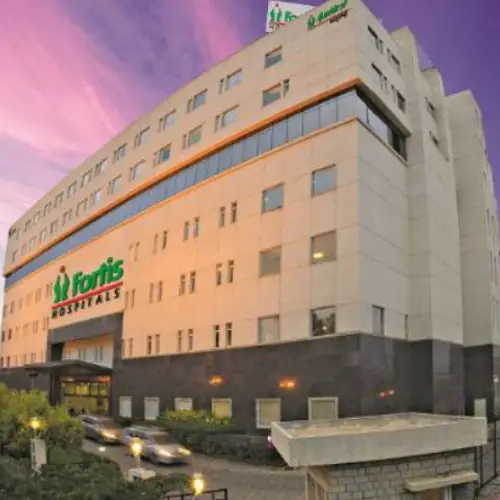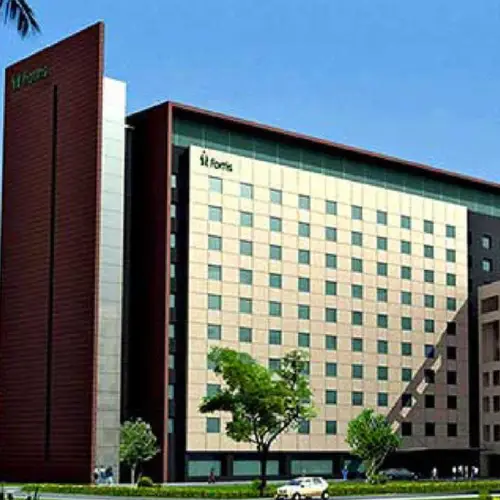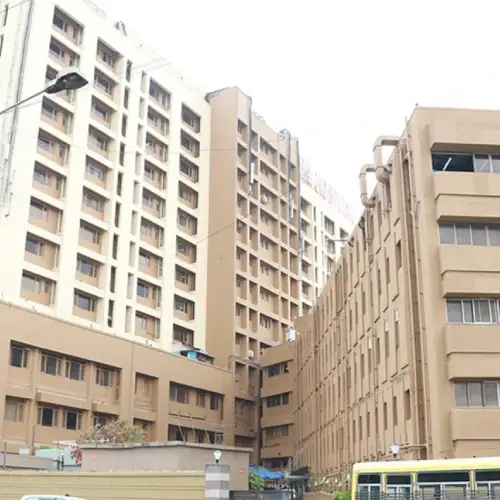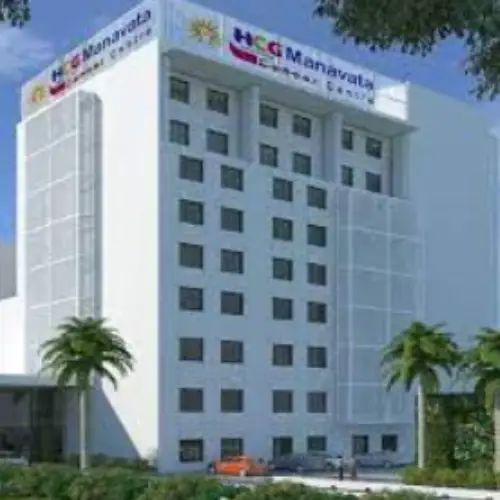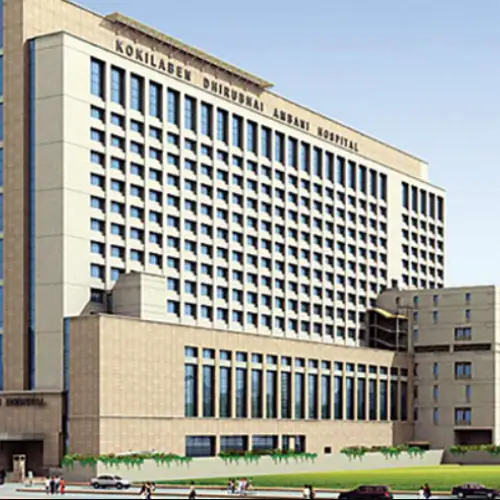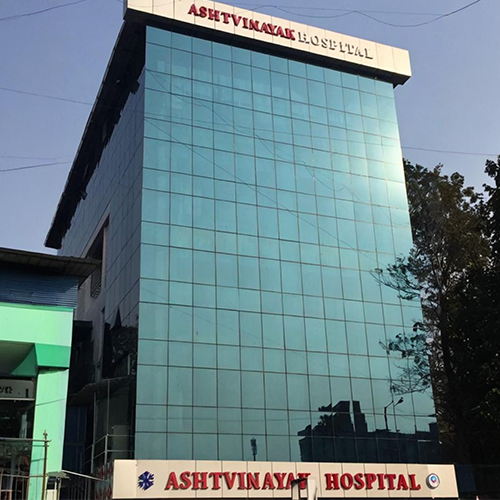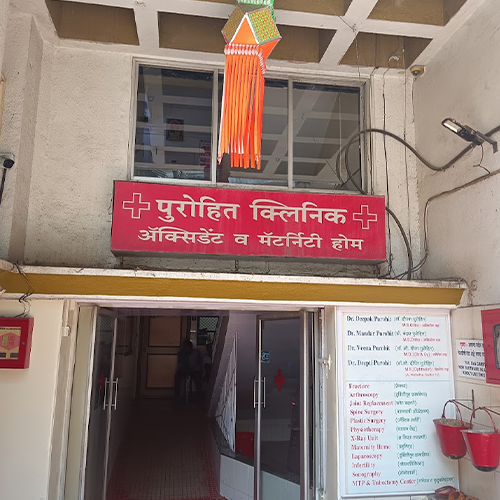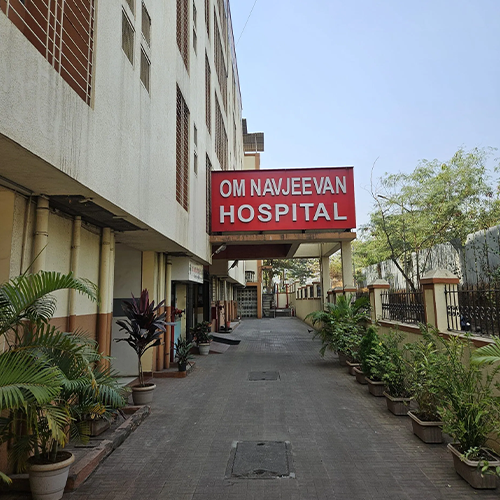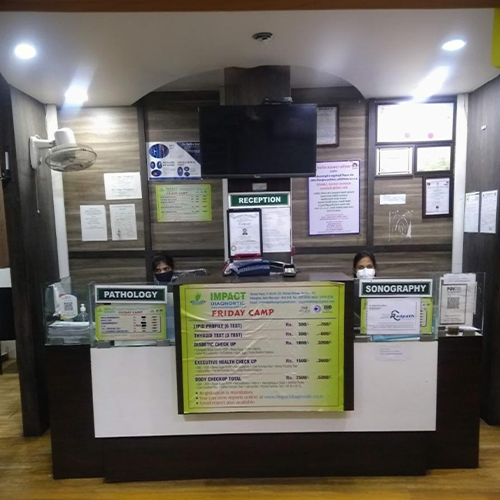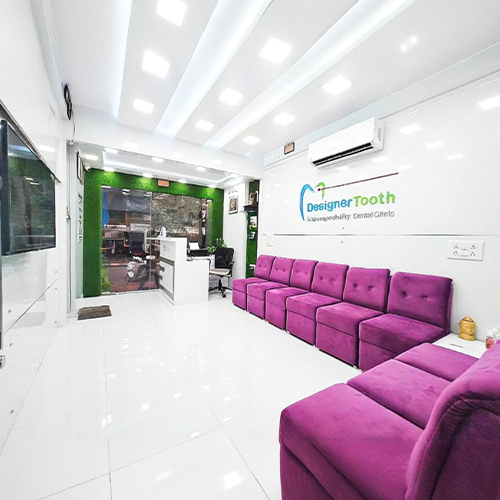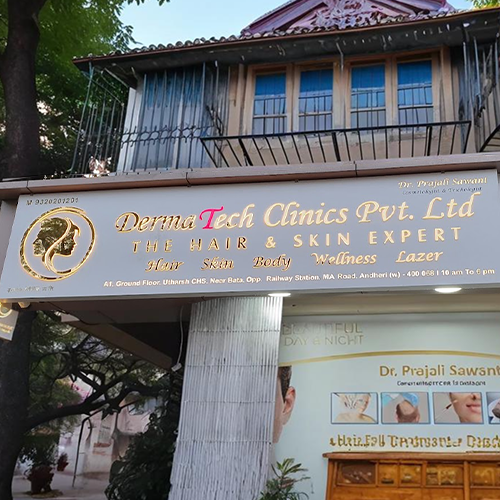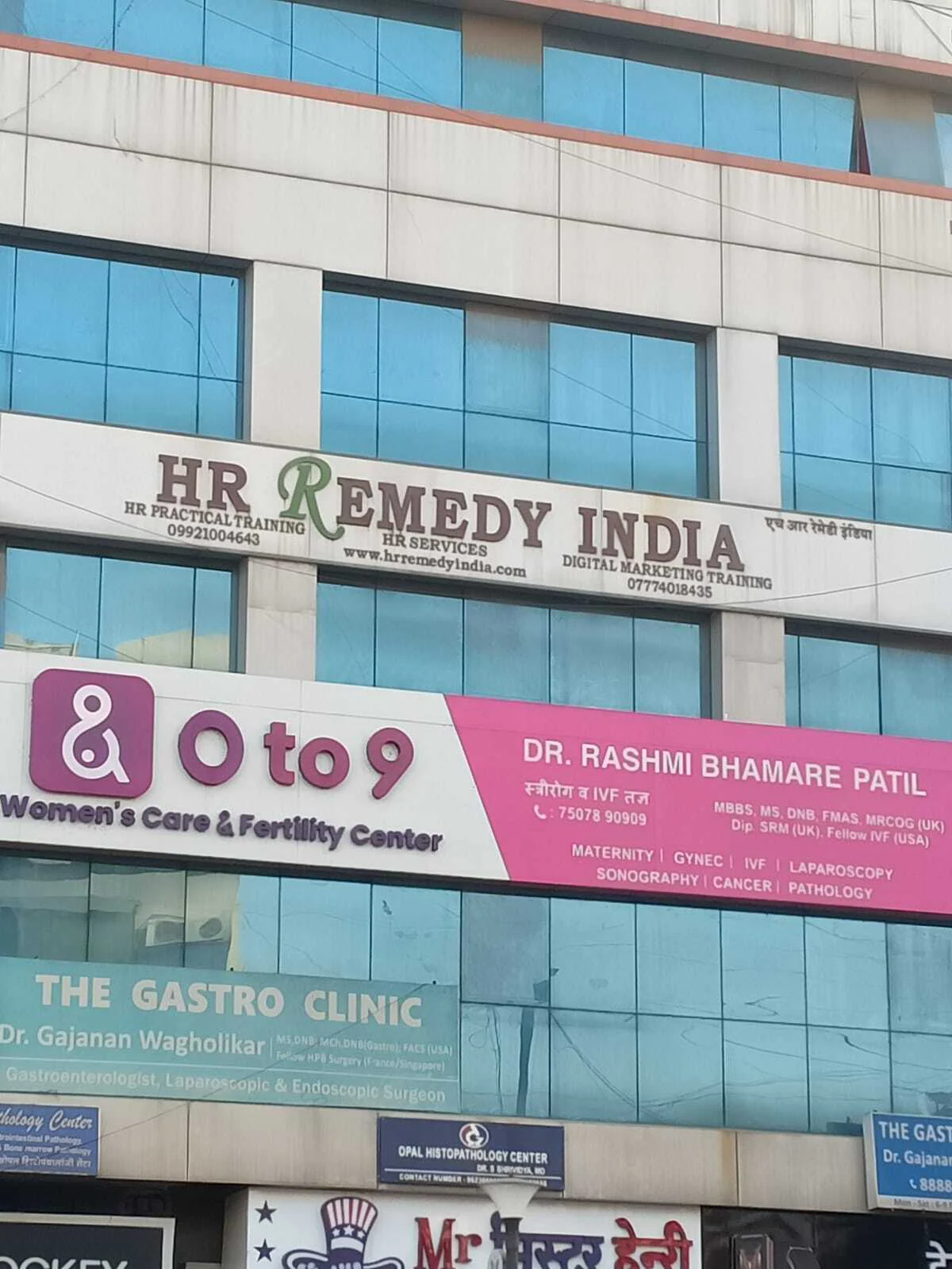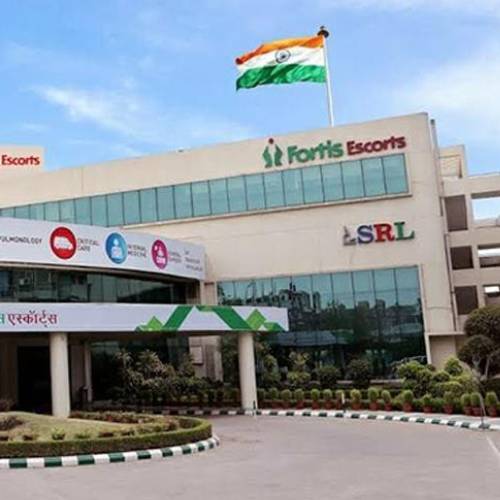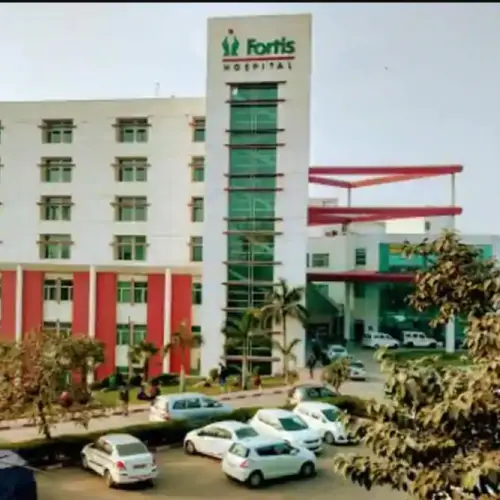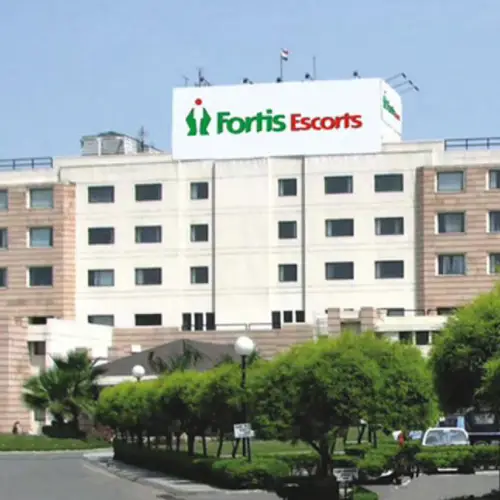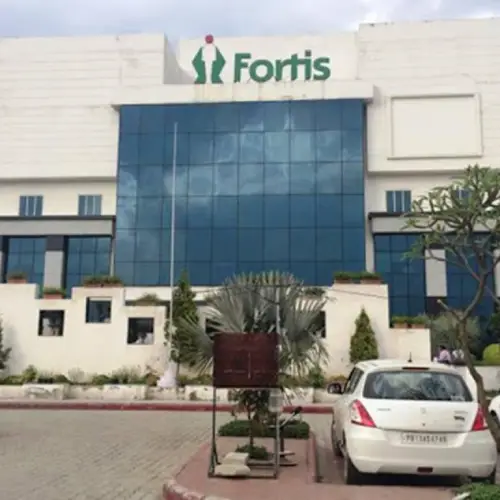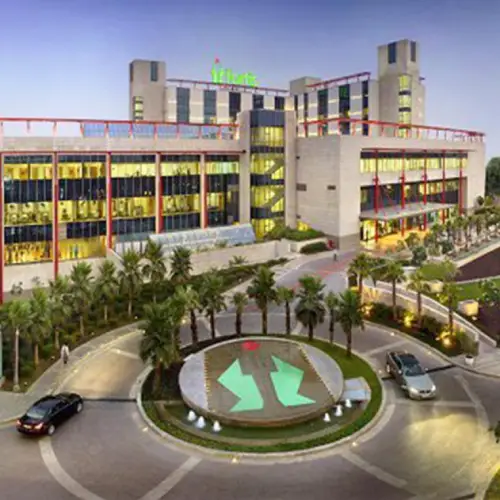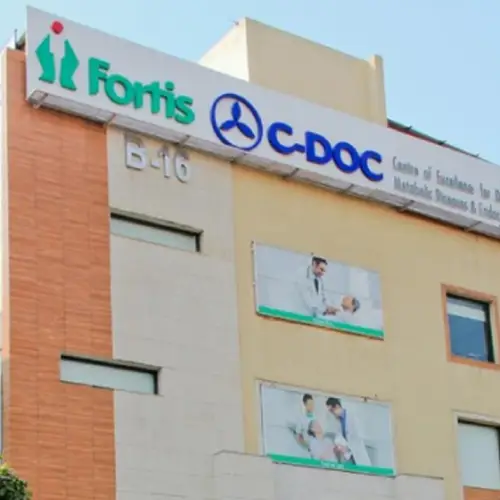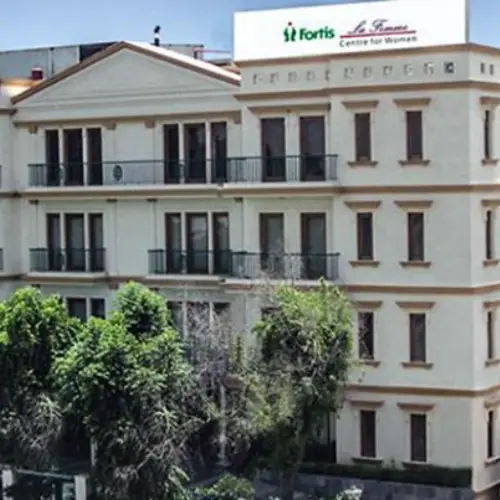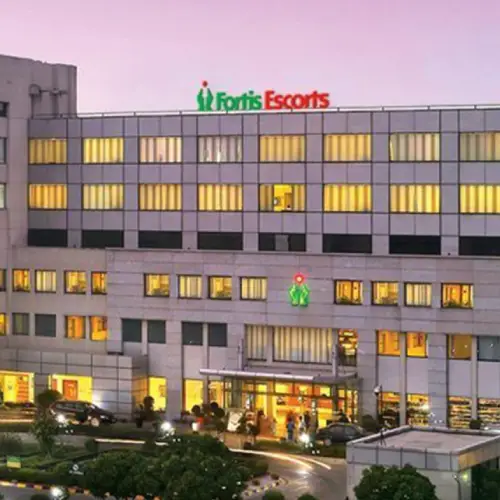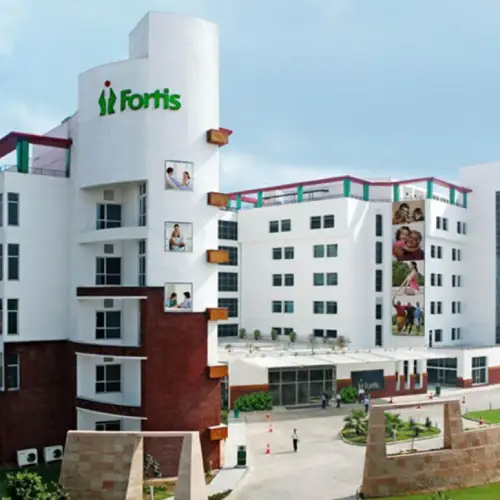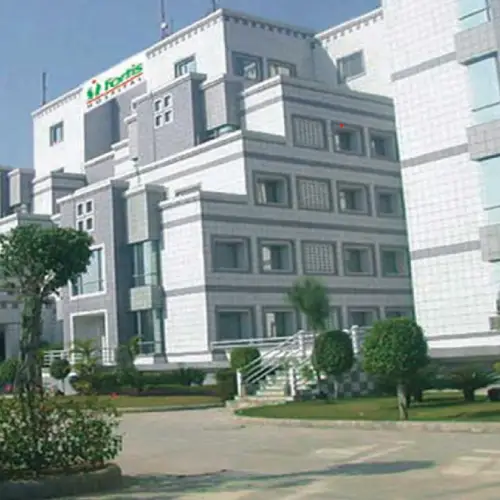Pediatric Cardiac Surgery
Pediatric Cardiac Surgery
Pediatric Cardiac Surgery
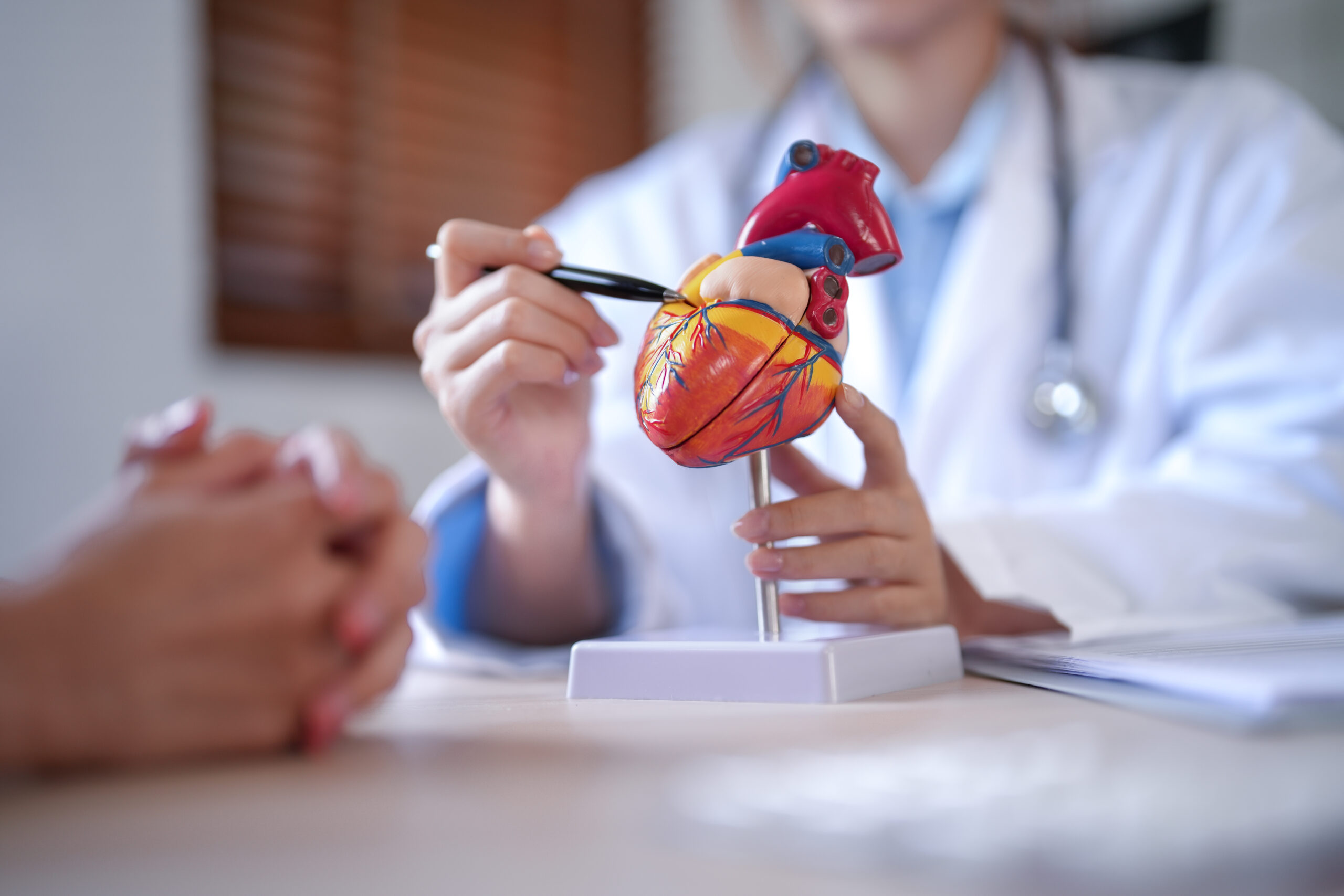
Pediatric cardiac surgery is a specialized medical procedure designed to address heart defects and conditions in children. It involves repairing or replacing damaged heart structures, such as valves or septa, to improve heart function and overall health. This surgery may be needed for congenital heart defects, acquired heart diseases, or complex cardiac conditions that cannot be managed with medications alone. Pre-surgical evaluations, including imaging studies and diagnostic tests, help determine the most appropriate surgical approach. During the procedure, skilled cardiac surgeons use advanced techniques and technology to ensure patient safety and optimal outcomes. Post-surgery, the child requires intensive care and follow-up visits to monitor recovery and heart health.
Pediatric Cardiology Facilities
Pediatric cardiology facilities are specialized centers equipped with advanced diagnostic tools, such as echocardiograms, electrocardiograms (EKGs), and cardiac catheterization, along with trained cardiologists who specialize in treating heart conditions in children. These centers offer comprehensive care, including specialized treatment plans, interventional procedures, patient education, and ongoing follow-up care to ensure optimal heart health and support for both the child and their family.
Pediatric cardiothoracic surgery
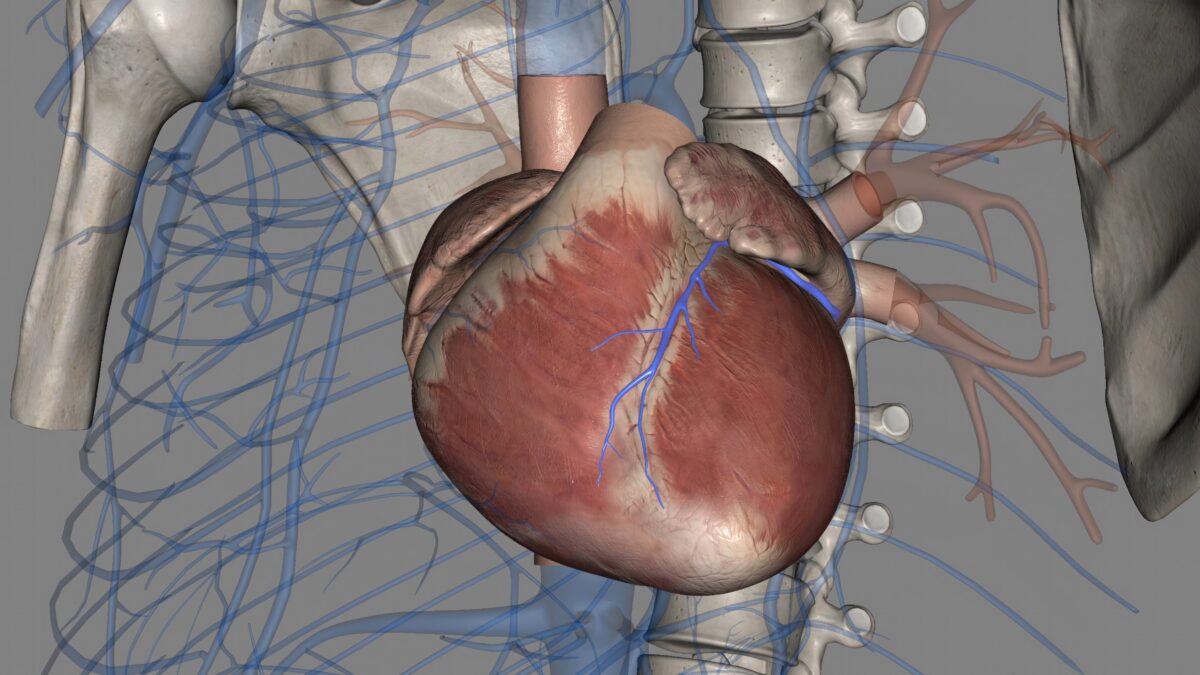
Pediatric cardiothoracic surgeries treat congenital and acquired heart conditions in children. Here are some types:
Balloon Atrial Septostomy (BAS): A technique that enlarges the hole between the right atrium and the left atrium, often used to manage transposition of the great arteries and improve oxygenation.
Valvuloplasty/Angioplasty: Valvuloplasty uses a balloon to stretch and open a narrowed heart valve. Angioplasty is a non-surgical technique to open blocked heart arteries.
Patent Ductus Arteriosus (PDA): Failure of the ductus arteriosus to close after birth, causing abnormal blood flow. Surgery regulates blood flow.
Atrial Septal Defect (ASD) and Ventricular Septal Defect (VSD):
ASD: The wall between the atria doesn’t close completely.
VSD: One or more holes in the wall between the ventricles.
FAQs
Surgical procedures to correct heart defects in children.
Ranges from INR 2,50,000 to INR 5,00,000 or more.
Often exceeds 90%, depending on various factors.
ASD, VSD, tetralogy of Fallot, transposition of the great arteries, and coarctation of the aorta.
Typically a few days to weeks in the hospital and several weeks to months at home.
Risks include infection, bleeding, arrhythmias, and anesthesia reactions, but are minimized with advanced techniques.
Explain the procedure, address fears, and follow pre-surgery guidelines.
Regular follow-up visits, monitoring for complications, medication management, and gradual resumption of activities.
Many can lead a normal, active life with successful surgery and regular follow-up care.
Minimally invasive techniques, robotic-assisted surgery, and improved imaging technologies.
Best Hospitals for Orthopaedic Surgical Oncology in India
Fill this form to get a free quote from best hospitals in India


At MediTours India, we stand as a distinguished leader in the realm of medical tourism, dedicated to transforming your healthcare journey into a seamless and transformative experience. With a commitment to excellence and a focus on your well-being, we pave the way for a new era of medical travel.
Contact Us
Address : C603 Jalaram Park LBS Road. Bhandup West Mumbai -400078 Phone : +91 9820344697 Email : ajit@meditoursindia.in
Copyright by indiameditours 2023. All rights reserved.
